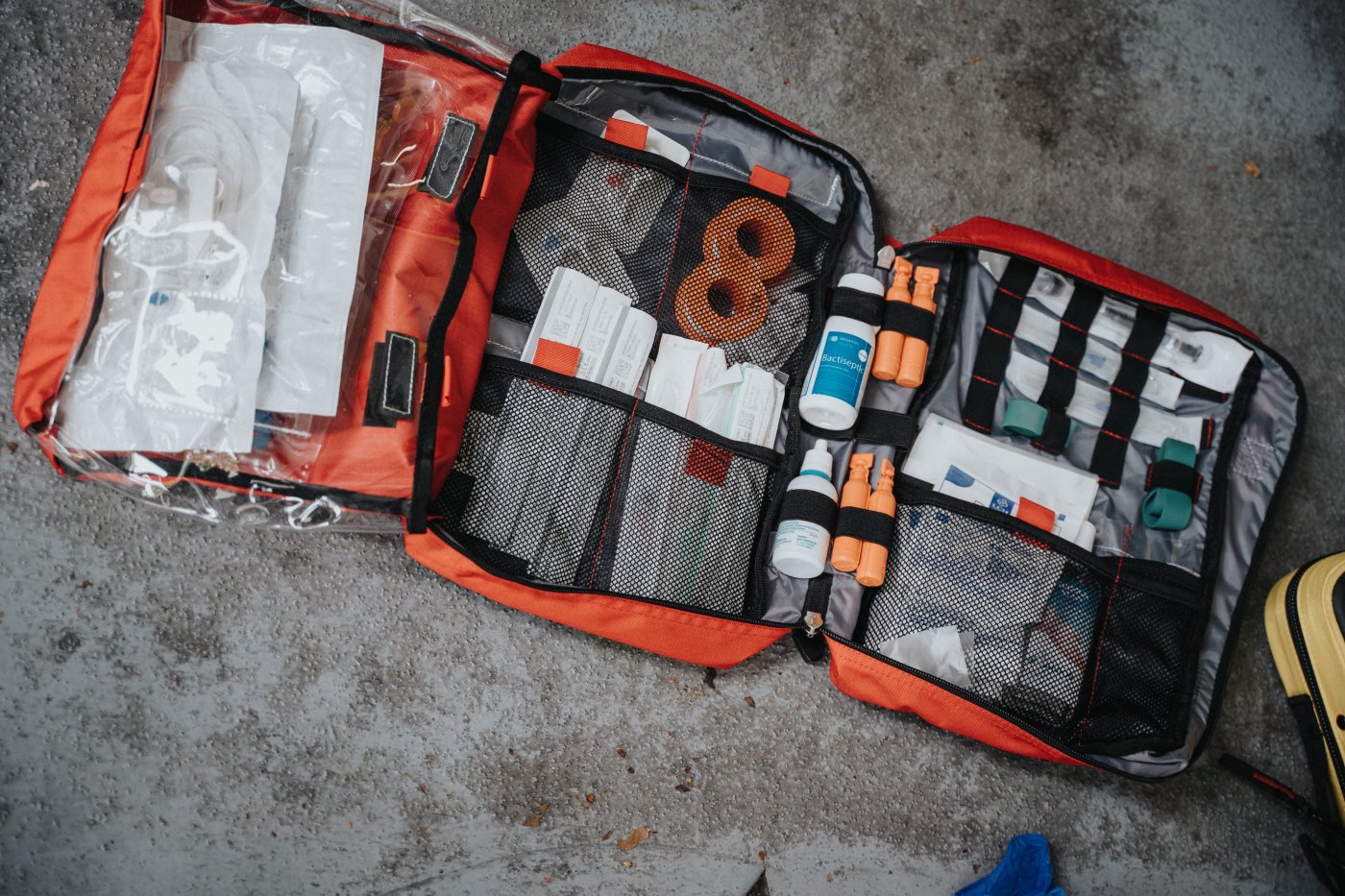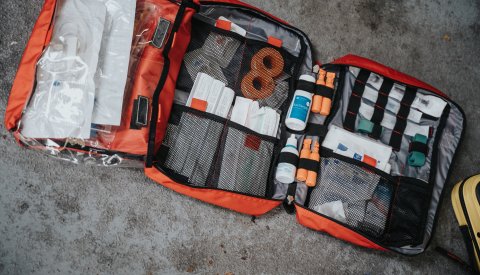Overview
In anticipation of the 4th Mental Health Weeks, between 7 and 20 October 2024, the City of Luxembourg is participating in "Challenge 500". The initiative aims to train 500 mental-health first-aiders throughout the country. Courses will be held at Cercle Cité.
This initiative, spearheaded by the Centre d’Information et de Prévention de la Ligue Luxembourgeoise d'Hygiène Mentale (Luxembourg League for Mental Health: Information and Prevention Centre), will teach participants about the fundamentals of mental disorders, giving them the tools they need to recognise the early signs of mental-health disorders, approach people exhibiting these symptoms, and provide first aid to someone dealing with mental illness or experiencing a mental-health crisis.
Courses to support adults and youth
To ensure the mental-health first aid provided meets the needs of different age groups, the City will be offering two training courses. One focuses on mental disorders in adults; the other on the specific features of mental disorders in adolescents.
The courses are divided into 4 modules, lasting 3 hours each (supporting other adults, LU/DE and FR) or 3.5 hours each (supporting youth, FR).
Practical information
Dates
- 7 October
- 9 October
- 14 October
- 18 October
Times
The course sessions will begin at 18:30.
Location
Cercle Cité
- 2, Rue Genistre
L-1623, Luxembourg
Registration
Registration is required. To enrol, fill in the registration form available on this page.
Registration
Form(s) to be completed
Via online form
Non-authenticated method, manual signing and sending
- This is a non-authenticated method
- You fill out a smart form online
- Print, sign and send
- by post or
- email (scan)
Mental-health first aid
Mental-health first aid is the equivalent of the procedure followed when administering physical first aid.
The courses cover basic information about mental disorders and mental-health crises. Participants will learn to recognise the early signs of mental-health problems, to approach them without judgement and to encourage people in distress to seek professional help.
Objectives
Participants will learn to:
- recognise the early signs of mental-health problems,
- approach a person in distress without judgement,
- provide first aid to someone who is dealing with mental illness or experiencing a mental-health crisis,
- direct the person to the appropriate resources and other forms of support.
Mental disorders treated
- Depression
- Anxiety disorders
- Psychosis
- Substance-use disorders
- Eating disorders (youth course)
Crisis situations discussed
- Suicidal thoughts or behaviours
- Panic attack
- Traumatic event
- Acute psychosis
- Serious effects of the consumption of alcohol and other substances
- Aggressive behaviour
- Non-suicidal self-harm (youth course)
Methods
The courses combine theoretical instruction, reflection activities, educational videos, hands-on exercises, case studies and role-playing.
Skills gained
- Learn basic information about the frequency and impact of mental disorders.
- Recognise the signs and symptoms of the most common and debilitating mental disorders in adults and adolescents.
- Get an overview of the appropriate treatments.
- Apply ROGER – the five steps of mental health first aid.
- Provide first aid in the event of a mental health crisis.









